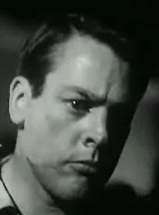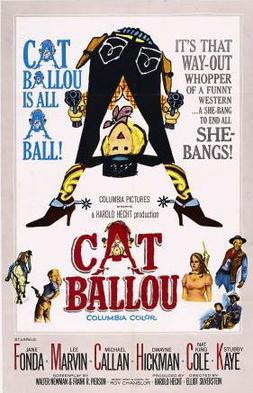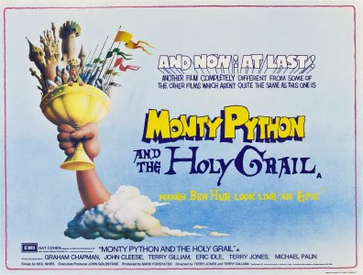- Also Known As:
- Unknown
- Version:
- Language:

- Length:
- 452 minutes
- Review Format:
- DVD
- Year:
- 2011
- Countries:


- Predominant Genre:
- Romance
- Directors:

- Outstanding Performances:


- Premiss:
- Chronicle of the lives of English masters and their servants, beginning in the years leading up to World War I.
- Themes:
- Alienation
- Coming-of-age
- Corporate Power
- Courage
- Curative
- Destiny
- Emotional repression
- Family
- Grieving
- Guilt
- Identity
- Loneliness
- Materialism
- Narcissism
- Nationality
- Nostalgia
- Personal
- Political
- Political Correctness
- Preventive
- Sadomasochism
- Schizophrenia
- Sexual Repression
- Social class
- Snobbery
- Solipsism
- The State
- Stereotyping
- Totalitarianism
- White culture
- White guilt
- White supremacy
- Similar to:
- Année Dernière à Marienbad
- Millions Like Us
- Upstairs, Downstairs
Summary: How
Whites Wish to See Themselves.
The usual over-warmed nostalgic Caucasian propaganda centered around a single, large and wealthy household standing-in as a metaphor for the United Kingdom.
The White love of war is well to the fore in this depiction of The Great War, but there is no explanation of the reasons for it and few pacifists, conscientious-objectors or cowards leaven the mixture. The contextless-vacuum into which the characters are plunged is a deliberate attempt to evade the fact that White culture is built upon violence; neutering the drama to a Jane Austen-like effort where the source of the great wealth on display is never examined - as if money actually did grow on trees or is given away on street corners to certain families, but not to others.
The odd delusion of Whites that war brings Whites together is never tempered with the realization that this false-camaraderie is only ever going to be temporary, to allow the poor to believe that the rich are worth dying to preserve - the rich have ensured that there aren’t enough rich to fight their own wars, after all. The class-war contempt will, of course, eventually re-instate itself when the wars to keep the rich wealthy are concluded. The servants here remind one of House Negroes, politically-exploited into believing that the interests of their masters and their own somehow, in some transcendent manner, coincide - when there is no way that they ever possibly could. This interdependence, based upon exploitation, is never usefully explored in an interesting or dramatic way.
The most realistic aspect of the drama is the aristocratic view that the poor can be convinced that they owe the rich something for nothing. When this turns out not to be true, the aristocratic fear of Bolshevism becomes all-too-plain.
The socially-limiting nature of White culture is never explored to any real depth and their effectively-arranged marriages are doomed to failure because the characters think more about looking respectable than actually being so; leaving the audience with nothing but predictable and unsurprising clichés to ponder; undercutting any dramatic suspense in its endemic and ultimately-tiresome wishful-thinking.
There is also, here, the White tendency to poke their noses into the lives of others (to ensure they know their birth-determined social place) when it is none of their business - but so much White drama is based upon violating that simple social custom. so there is nothing much different here.
The quality of the actors is variable, the scripting mediocre, the characters little more than facets of a single person (rather than fully-realized and differentiated persons in their own right), the scenes too short to help develop the drama beyond compulsive soap opera and cliff-hanger editing to keep us watching against our better aesthetic judgment. This is the kind of morbid melodrama so common among inbred ethnic-groups more concerned to keep up appearances than to be happy. As with psychopaths, one wonders if there is any real soul or heart to the politically-correct characters depicted. Women who pretend that being pale & interesting is a substitute for passion and living life to the full are the subject of this odd dramatic feast - yet they are not as interesting as they think they are. The actors struggle against the two-dimensional characterization - largely to no avail.
Ultimately, this series is a historically-revisionist and politically-correct celebration of the very emotional-repression it pretends no longer exists, but which reveals that under the surface there is nothing of value being repressed. And it is this that this drama (like the Wizard of Oz’s charlatanism) is trying to conceal.
This BNP-fantasy England is the only social harmony Whites could ever achieve - entirely in their imaginations: A world without the allegedly-troubling presence of non-Whites.

























